
Not just sponsorship: how sport is being rebuilt by tech
How sports tech is moving beyond sponsorship into core infrastructure – transforming performance, venues and fan engagement at LEAP 2026 Sports Tech Hub.


How sports tech is moving beyond sponsorship into core infrastructure – transforming performance, venues and fan engagement at LEAP 2026 Sports Tech Hub.

Learn how global brands use events to enter new markets. Build trust and accelerate relevance through CoLAB collaborations at LEAP.

At global tech events, your brand isn’t competing for space – it’s competing for memory. Memory is built through participation, so the brand collaboration opportunities at LEAP are designed for it.
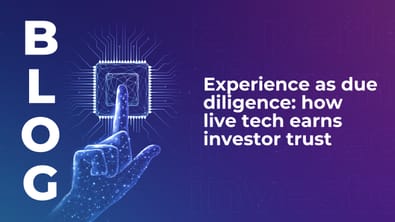
For investors at LEAP, experience is the first stage of due diligence – and has more impact than a pitch deck. Find out how the Tech Arena fast-tracks investor conversations.

Why live demos outperform pitch decks at LEAP – with data, real examples, and practical tips to help you turn attention into deals.

Why 2026 is the year startups have to move beyond pilots. New research shows go-to-market execution, not demos, is the real growth advantage.
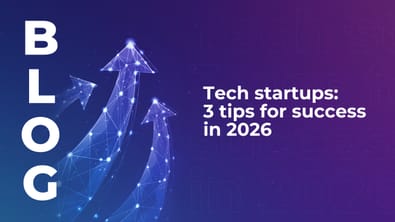
Three practical, expert lessons on why startups fail – and how business models, regulation and adoption unlock real tech value.

After years of acceleration, tech is entering a more selective phase. In 2026, progress won’t be measured by how much you do – but by how clearly you choose.
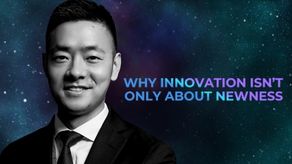
“If technology is not geared and designed to create access and to better the conditions of everybody in society, then what is it for, really?” When we talk about innovation, we usually think of newness. New ideas, new technologies, smart inventions. But as we look into the future and imagine
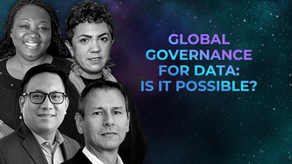
Data regulation is bitty. Different countries, regions, and even different companies have their own policies, and implement those policies with a level of subjectivity (and often deceptive design) that makes it very difficult for digital citizens to get a handle on when, why, how, and by whom their data is
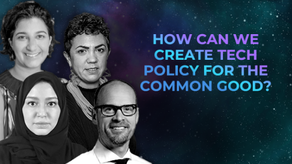
“We need to find a way to invest in our technological and digital sovereignty. At the same time, we [must be] able to share data in a way that does protect the rights of people, but also allows us to really harness this information.” These were the wise words of
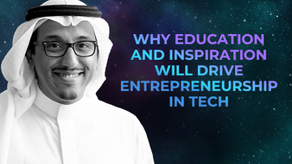
The King Abdullah University of Science and Technology (KAUST) opened on September 23 2009, after an intensive period of building and academic development. “It was a dream to build a university that is leading in terms of science and technology and research, at the shores of the Red Sea,” said

Education has always been a teacher-centric model. Teachers lectured students on key topics and students listened, learned, and were tested on how well they retained knowledge. COVID-19 changed this model. Suddenly, schools were in lockdown mode and students were sequestered at home learning their lessons via technology—smart phones, laptops,

Watch your pet for any length of time, and it’s almost impossible not to wonder: “What are they thinking?” One day, thanks to artificial intelligence and machine learning technologies, that might not be so hard to answer. There are numerous ground-breaking attempts to use algorithms to decode animal language

In 2010, the domain name Insurance.com made headlines as it is broke records after its sale for $35.6m. the domain name was one among many domain names sold for millions in the past two decades, even though they were registered for little to no money in the early
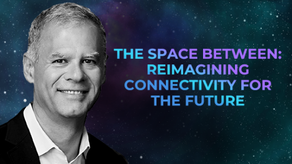
There’s a lot of science in tech: we like data, algorithms, and configurations that solve problems. But there’s also an incredible level of imagination behind the technology of today – and behind the technology of the future. Which is why when Fahri Diner (CEO and Founder at Plume) gave